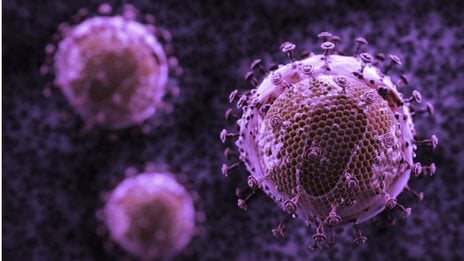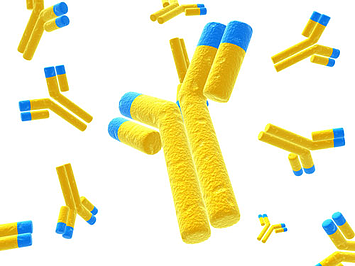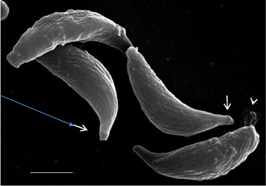Introduction
The lab of Dr. William D. Tolbert and Dr. Neelakshi Gohain use Papain-linked agarose resin to create combinations of purified Fabs of Cluster A monoclonal antibodies (A32 mAbs and JR4 mAbs) to validate the design and crystal structure of a stabilized inner domain (ID) of HIV-1 gp120. This ID displays a major antibody-dependent cellular cytotoxicity (ADCC) target of the A32 region. Current research supports a role for ADCC in preventing HIV-1 infection and in vaccine-induced protection that correlates with slower HIV progression or decreased virus replication.







